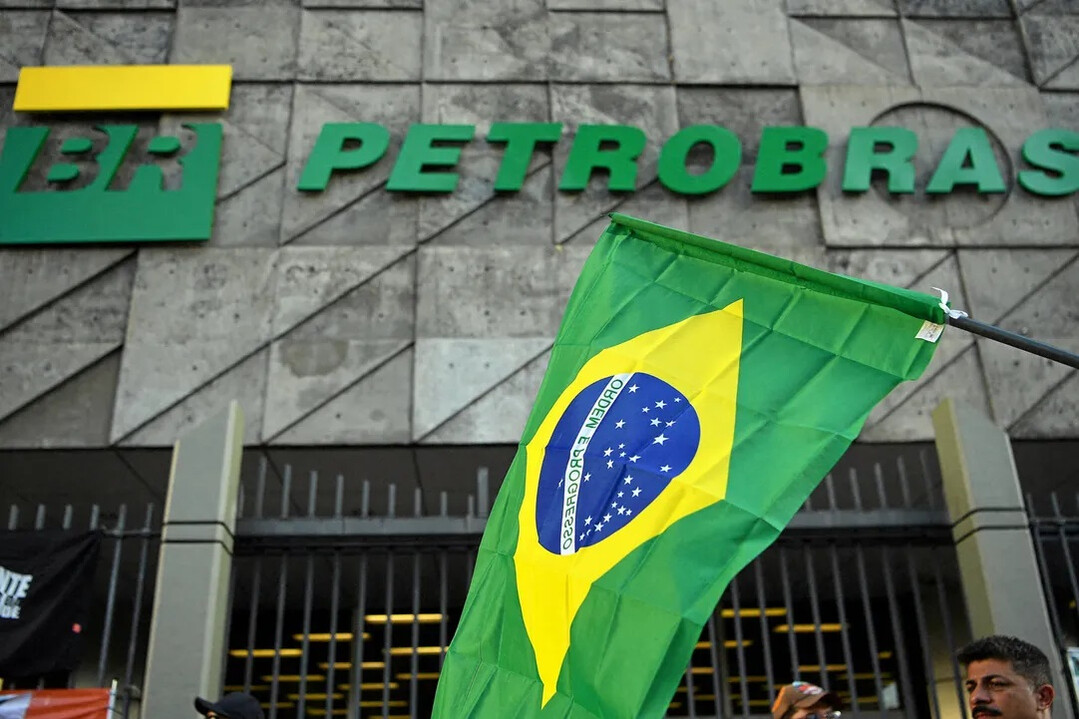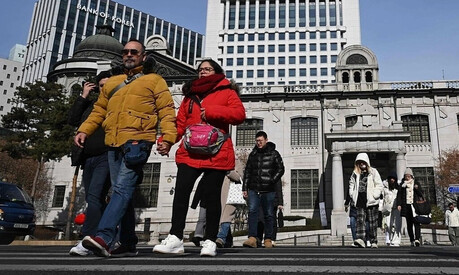
RIO DE JANEIRO, BRAZIL – Magda Chambriard, the Chief Executive Officer of Brazil's state-run oil company Petroleo Brasileiro SA Petrobras, stated in an interview with Reuters that the company is unlikely to lower diesel prices despite a government request, citing persistent uncertainties in the overseas economic situation. This announcement follows the disclosure that Brazil's Minister of Mines and Energy, Alexandre Silveira, had asked Petrobras to consider further reductions in the average price of diesel sold to domestic distributors.
CEO Chambriard emphasized that the company would not allow instability in overseas markets to spill over into the Brazilian domestic market. According to an anonymous source, Minister Silveira, in a letter to Petrobras, reportedly requested a diesel price reduction "for the stability of the domestic fuel market and the benefit of Brazilian society as a whole."
Petrobras had previously reduced diesel prices by 27 centavos per liter in early March. At the time, Petrobras explained that this decision was made considering international oil prices and exchange rate fluctuations. However, recent volatility in international oil prices and heightened geopolitical tensions have increased uncertainty regarding further price reductions.
International oil prices have recently experienced significant volatility due to factors such as the maintenance of production cuts by OPEC+ (the Organization of the Petroleum Exporting Countries and its allies, including Russia) and increased geopolitical instability in the Middle East. Furthermore, the exchange rate of the Brazilian real has also shown unpredictable movements due to instability in international financial markets. These external economic uncertainties are posing a burden on Petrobras in undertaking further diesel price reductions.
The Luiz Inácio Lula da Silva administration has been continuously exerting pressure on Petrobras, as a state-owned enterprise, to lower fuel prices in an effort to stabilize inflation. However, Petrobras is taking a cautious stance to find a balance between securing the company's profitability and investment capacity while maintaining the stability of the domestic market. In particular, there are concerns that hasty price reductions in the face of increasing uncertainty in the global energy market could 오히려 destabilize the domestic market.
Experts predict that volatility in international oil prices and exchange rates will likely persist for the time being, suggesting that Petrobras is unlikely to immediately respond to the government's request for further price reductions. Petrobras is expected to carefully monitor changes in the external economic environment and make prudent decisions regarding its pricing policy. However, if government pressure continues, attention will be focused on what compromise Petrobras might offer.
[Copyright (c) Global Economic Times. All Rights Reserved.]





























